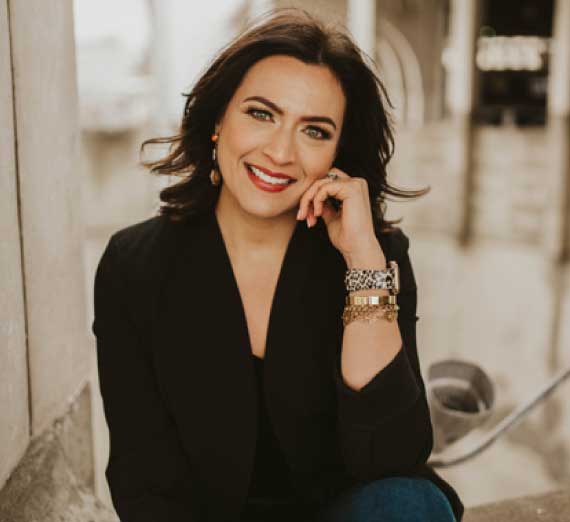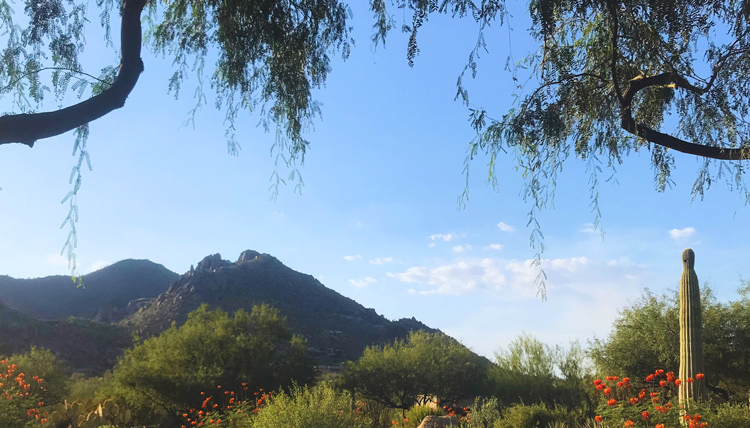Surviving Burnout and Reclaiming Joy

I grew up on a farm in the middle of nowhere in southwest Idaho. In second grade, I viewed my vocational options as quite limited. I knew I could be a farmer, but as the oldest of three girls, I offered my share of hoeing fields and delivering fresh produce to local grocers. I decided I could be a lawyer. I am not exactly sure where this idea emerged, but I did watch a lot of “Matlock” as a child.
I was steadfast on the path to attorney-hood through my undergraduate and graduate studies. While completing my first master’s degree (criminal justice administration) and working at the Office of the Governor, I realized that perhaps it wasn’t law I should be doing but rather something else with a different kind of impact. Soon, I left my job with the state and pursued graduate studies in counseling.
What came with these identities were my interpretations. Being a farm kid meant that while I was hard working, I knew some people saw us as “dumb farmers.” Being Mexican and female, while trying to obtain professional success, was its own challenge. I can remember my mom telling my abuela (grandma) that I completed my Ph.D., to which she said, “but she can’t make tortillas.” I interpreted that to mean that I couldn’t hold on to my cultural roots while also advancing professionally. Finally, being first in family meant that I navigated a lot on my own. I didn’t know what a FAFSA was or what it meant to live on campus at college. My parents were incredibly supportive and even expected me to obtain a college degree but couldn’t offer much insight. This left me wondering, “Who am I to teach at a university?” and “What do I know?”
When I began teaching at Gonzaga University in summer 2013, I was prepared to do this work well; however, the lenses above were ever present. At the end of my first semester when students completed evaluations, I was blown away when one of students wrote, “I love when you wear that green dress.” The way in which I interpreted this feedback only confirmed the lenses through which I viewed myself – I was not good enough and I, in fact, didn’t belong here. I took this one sentence to mean that the student gained nothing from my course and therefore decided to comment on my attire instead. Oof.
This experience sent me into a tailspin and turned into a seven-year trajectory toward burnout. While a comment from the student fueled the journey, my own behaviors, mindset, and perceptions placed me on this path. I hustled and grinded. I focused on “proving” to others that I was great at my work and that I did, in fact, deserve to be here. During this experience, I neglected my health (I thought that’s what I got for being a professional and mom), my family took a backseat, I felt less successful at my work and even worse at home, I struggled to have empathy for others, and I lost my ability to see and experience joy. I was a shell of a human.
This sacred time in my life allowed me to get quiet and to sit in deep reflection about what I had just endured, and thoughtfully consider which of my lenses, identities and experiences had served me well, and which were causing harm. I had the opportunity to make choices about how I wanted to do life differently.

While I was on sabbatical, I booked a weeklong, solo getaway to the desert. I distinctly remember my first day on vacation as I decided to head to the pool with my bags which included five books to read for pleasure, one data set to analyze, one journal article to finish, and an audit on my life. I proceed to work by the pool all day, neglecting my surroundings.
The next day, I proceeded to the pool again but this time, I looked up. I’m not sure what made me look up but when I did, I was stopped in my tracks. I was in awe and tears filled my eyes. The beautiful rock formations, the vibrant blue sky, the desert foliage. I was stunned because I couldn’t recall the last time I had looked up.
The rest of my week in the desert was spent enjoying the scenery and I finished those five books for pleasure.
Tips for Avoiding (or Addressing) Burnout
- Look up. Notice. We live on a beautiful planet; be in awe of God’s blessings.
- Mind your language. Certain words don’t serve us well, like “disaster,” as in something that is absolutely insurmountable. Most things are figureoutable.
- Thin out your social media. Those accounts and ‘friends’ we follow can actually take from our joy. I had to remove accounts of people that I admire because I compared myself to what they were achieving.
- Decrease the number of decisions you make in a day. Sometimes, by the time I’ve arrived at work I’ve made 462 decisions, and I’m tired starting my day.
- Choose your free-time activity wisely. Spend time with people who give you joy and reduce contact with those who do not add to, or deplete, your joy.
